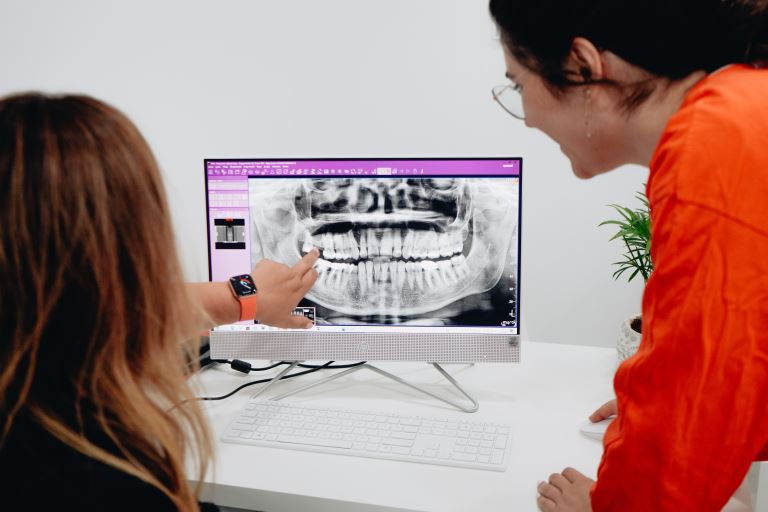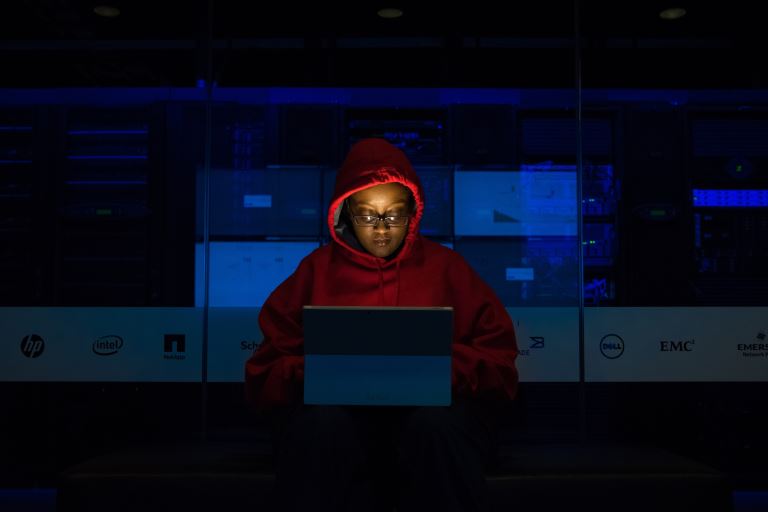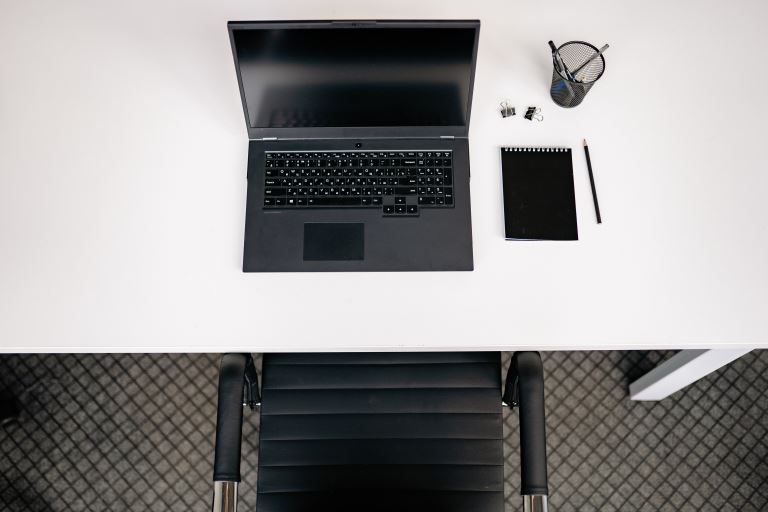
How to Secure Your New Computer Against Viruses and Malware
pThere are many cases of malware and virus attacks on computers To be safe you need to understand what are viruses and malware their causes and how to be secure against them Many feel this is for cybersecurity professionals but thats not the case Eve
Do you have a new computer at home, at your workplace, or in your business? Are you worried that viruses and malware may attack your setup? You can use several ways to ensure that your new setup is safe from viruses and malware.
There are many cases of malware and virus attacks on computers. To be safe, you need to understand what are viruses and malware, their causes, and how to be secure against them. Many feel this is for cybersecurity professionals, but that's not the case. Everyone who has a new computer should have enough knowledge on how to be secure. Many viruses and malware come in many ways like phishing, pirated software, pirated software, use of pirated software, e.t.c.
In this article, I will discuss several ways we can use to protect new computer setups from virus and malware attacks. I will look at different ways of protecting your new computer set up from viruses and malware and how they attack it. Read on.
How to Secure Your New Computer Against Viruses and Malware
Malware and virus attacks can lead to losses. Some common ways of securing your computer against viruses and malware are as follows:
- Several software providers like Microsoft and Google often perform security improvements in their applications using updates. They enable the users to fix any bugs that can lead to hackers using them to spread viruses and malware to your computer.
You can achieve this by setting the updates to automatic so that if there is a new update, there is no need to do it manually. Some of the common updates you need to perform on your computer include the operating systems, browsers, system applications, e.t.c.
- Ensure you back up all your computer files after a certain duration. Several issues can arise when using your computer. You can back up your PC by using an external hard disk, cloud storage, or backup service providers.
- After setting up your computer, you need to install an antivirus. The software destroys any virus and malware that may aim to slow down your computer or even make it crash, giving them access. It scans all the computer files to detect any virus or malware.
- If it detects something dangerous, it deletes the files. Most of them update themselves when you connect to the Internet to improve computer security. When working with email and the internet, ensure your antivirus program is always on.
- When you connect to the internet, some popups emerge when you use the browser. Some of the popups are very dangerous and can make you pick the malware and virus. Most of the links that result from the pop-ups are malicious. When you have your computer, visit the browser settings to turn them off.
- Several programs come with spying software. They monitor your activities and collect all the information they need. Common spyware uses keyloggers to get essential information about you.
- Most spyware comes from antiviruses, and you must be keen when installing them. To avoid spyware software, it's good that you download your software from their official sites.
- There are several ways to keep your computer safe. The first method to get protection is the use of strong passwords. The password must be strong to mix numbers, letters, and special characters. It makes it hard for hackers to guess and intrude on your computer.
- If you use a weak password, the hackers use little time to hack into your computer and spread viruses and malware. You can also use password managers to generate strong passwords for your computer.
Use multiple authentications across all your accounts. When visiting your accounts like Netflix, emails, and social media, it's good to set them to require multiple authentications when someone logs in.
You can use methods like receiving codes after inputting the password or using a fingerprint. It blocks those with other intentions of using your account to spread viruses.
- Many hackers send viruses and malware as a link. They compose fraudulent messages like win a new car, 1000 USD free for you, here is a new job, e.t.c. Making you click the link. When you click and enter the details, the viruses and malware spread across your computer.
- There are many advertisements that you can click on and direct you to the sites that can infect your computer with viruses and malware. You can check for a safe and secure browser that you can use to block all the ads. We both have free and paid versions of ad blockers. Some sites can block you from accessing their websites if they notice you use an ad blocker.
- Firewalls protect your computer from hacker attacks. They help block all the communications to which you have not given permission. Firewalls are essential if your PC works with high-speed internet.
- Many operating systems come with built-in firewalls. It is your responsibility to ensure that the firewalls are on. For effective functioning, ensure that your firewall program settings are ok and you constantly update it to the latest version.
Cause of Viruses and Malware in New Computer
There are several causes of viruses and malware in your computer. Some of the things that spread viruses and malware include:
- Clicking on phishing links may come from emails, social media, websites, and other messaging apps like WhatsApp.
- Connect your computer to external storage that is already infected.
- Downloading different files from emails and websites which may already be infected with viruses and malware.
- Other social engineering attacks can get you attacked by hackers who spread viruses and malware.
- Installation of software without reading the terms and conditions.
- Visiting websites that host pirated content like music, movies, and applications can be harmful and lead to sources of viruses and malware.
- Connecting to public internet or WIFI can expose youtube hackers who can penetrate the computer to spread the virus.
- Use cracked operating systems on your PC, which have vulnerabilities that act as loopholes and backdoors for viruses.
What happens when a new computer gets attacked by viruses and malware?
There are several issues on the face when they get attacked by viruses and malware. Some of the issues include
Most computer viruses and malware harm software by erasing hard drives, files, etc.
Delivering unwanted traffic to your internet and the websites you visit, make it more difficult to navigate the internet and websites.
It raises operating expenses. When you restore the computer to regular operation, you may need to pay again if some of your computer programs are not free.
Utilize the resources and memory of the computer to impact its performance.
Conclusion
When you have a new computer set up, you must ensure you have followed all the procedures and everything is safe. There are policies and practices you have to put in place. There have been many cases of cyberattacks recently due to the increase in the number of devices connected to the internet.
Are you planning to have a new computer set up? Get in touch with us, and we will be glad to help you have a secure setup. We have experienced professionals who help you keep your computer data and information safe from attacks.







